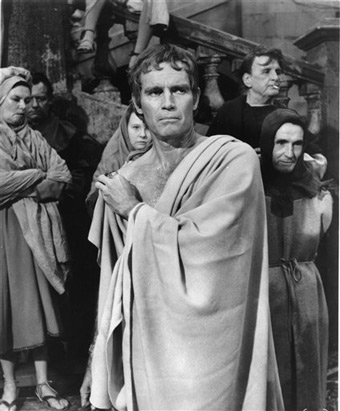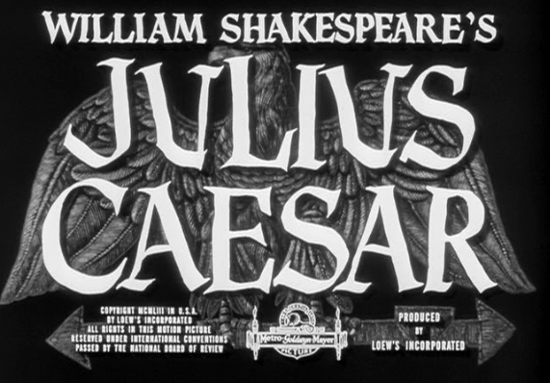 I suppose I should announce that I have another kid as of last Wednesday. He is a boy, just like the other three. It would be great if they formed a barbershop quartet someday, but people in our socio-psychological neighborhood don't seem to have those kinds of inspirations anymore.
I suppose I should announce that I have another kid as of last Wednesday. He is a boy, just like the other three. It would be great if they formed a barbershop quartet someday, but people in our socio-psychological neighborhood don't seem to have those kinds of inspirations anymore.This child did not have a name until the fifth day after he was born. For the record, he ended up with the appellation John Samuel, and he is going to be called Jackie. At this point I only call any of them by the correct name half the time anyway.
The process of the naming having been a rather drawn-out affair, I want to make an account of all the names I was seriously considering, and my motivations for doing so. The names of my other three sons are Oscar, Charles and George--all names with strong European and literary associations, as well as a notable presence in the jaunty 1895-1945 period of American history of which I have a certain fondness--and wanted the new name to fit in with these of course.
Samuel, which ended up as the middle name, is not a name I really like all that much (ed--I realized, too late, that this was because it sounds too Protestant for my inner sense of comfort). However, it became a late entry to the sweepstakes on my side when absolutely nothing else was passing muster, and I considered that a significant number of my most admired literary heroes had this name: Johnson, Beckett, Coleridge, even poor old Richardson to a certain degree. It was Mark Twain's real name as well, and while I am not as wholly enraptured with his writing as some are, I do admire his personality, or at least that part of it which was able to make things happen in a big way, which is a majorly desirable quality that I do not have at all.
I thought Ernest a very solid, unobjectionable name which has completely dropped out of circulation--on those timeline graphs of name popularity you can find on the internet, it doesn't just flatline after 1960, it descends off the page altogether and never returns--and which would seem to be due for a comeback. My wife wasn't having it however.
Harald--The Middle Ages may not have been a great era by our standards in most areas, but it was a veritable gold mine for names. Does not this evoke the romantic air of castles and knights and monasteries and bread ovens and the pure unlatinized consonants of the Saxon tongue? This got nowhere either.
Edgar--I knew this would be a longshot, but I tried to present it in terms of the image of medieval royalty and martial strength with which I think of it rather than modern social ineptitude with which the name has unfortunately become identified. This wasn't even taken seriously.
Other names beginning with E-d--Edward, Edmund--were disimissed because my wife believed there was a strong possibility the child might end up being called Ed due to circumstances beyond her control, and her hatred of the sound of "Ed" did not allow her to entertain the possibility of that risk.
Alfred was not treated as a serious suggestion.
Henry was rejected because the child's name would then have been Henry Miller, and my wife detests the author of "Sexus", "Nexus" "Tropic of Cancer" and whatever else he wrote. This sort of consideration also eliminated Arthur, though her feelings against the work and politics of this author--to which many have a fierce objection themselves--did not factor as strongly in the rejection as the mere notoriety.
Walter was not treated unkindly, but there was some fear, in my opinion unfounded, that the child would become known as "Wally". Apparently in New England this is still a common nickname for Walter.
If the baby had been a girl--and I never find out ahead of time what the sex of the child is, because they don't do that in pre-1970 novels, and I cannot construct a psychological framework for dealing with situations that cannot be referenced to this category of literature--its name would have been Zoey Sophia. But apparently it is not intended by the spirits at large in the world that I am to have any daughters.
For the record, and this probably isn't interesting to anyone but myself, here are the books I was reading at the times of the various births of the children:
Oscar--Henry James The Golden Bowl
Charles--Thomas DeQuincey Confessions of an English Opium-Eater
George--Addison & Steele The Spectator
Jackie--William Harrison Ainsworth The Tower of London
I don't see much constituting any kind of pattern in this list, though DeQuincey and Ainsworth are both natives of Manchester (England) which hasn't produced a ton of famous authors--indeed it is questionable whether these two guys even qualify as famous anymore.














